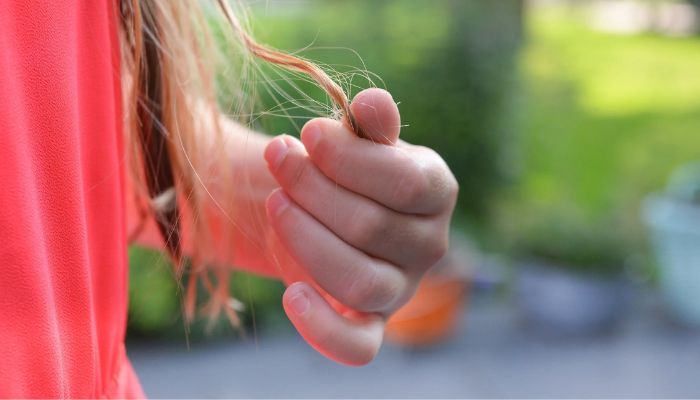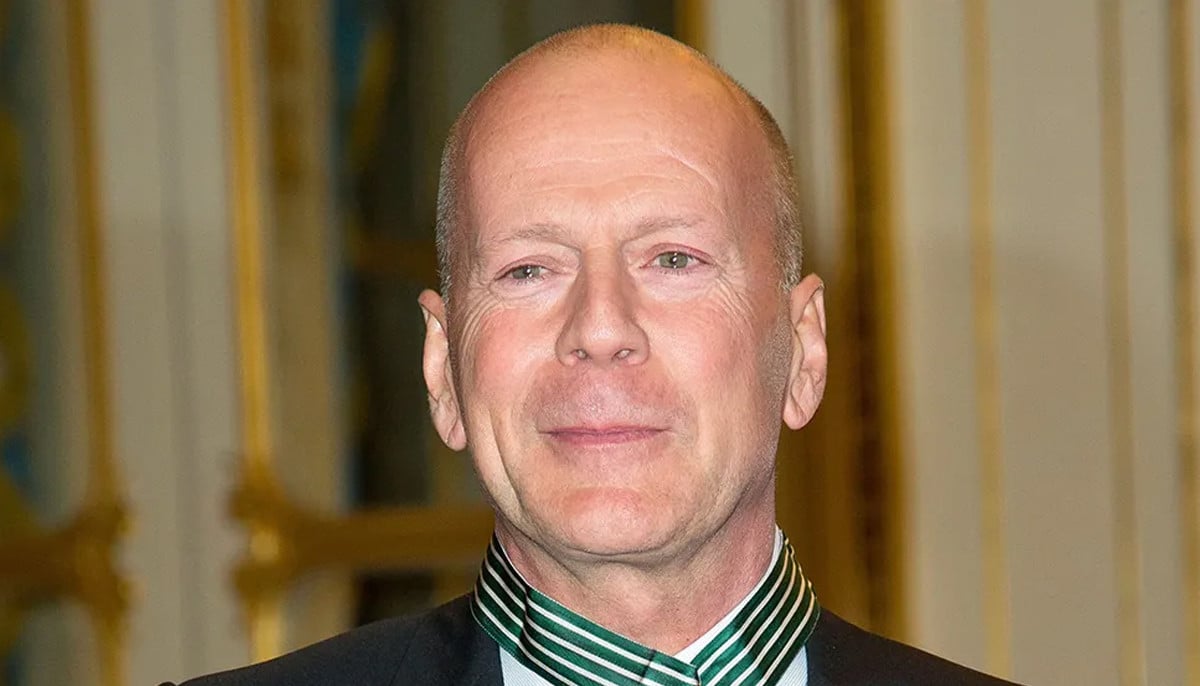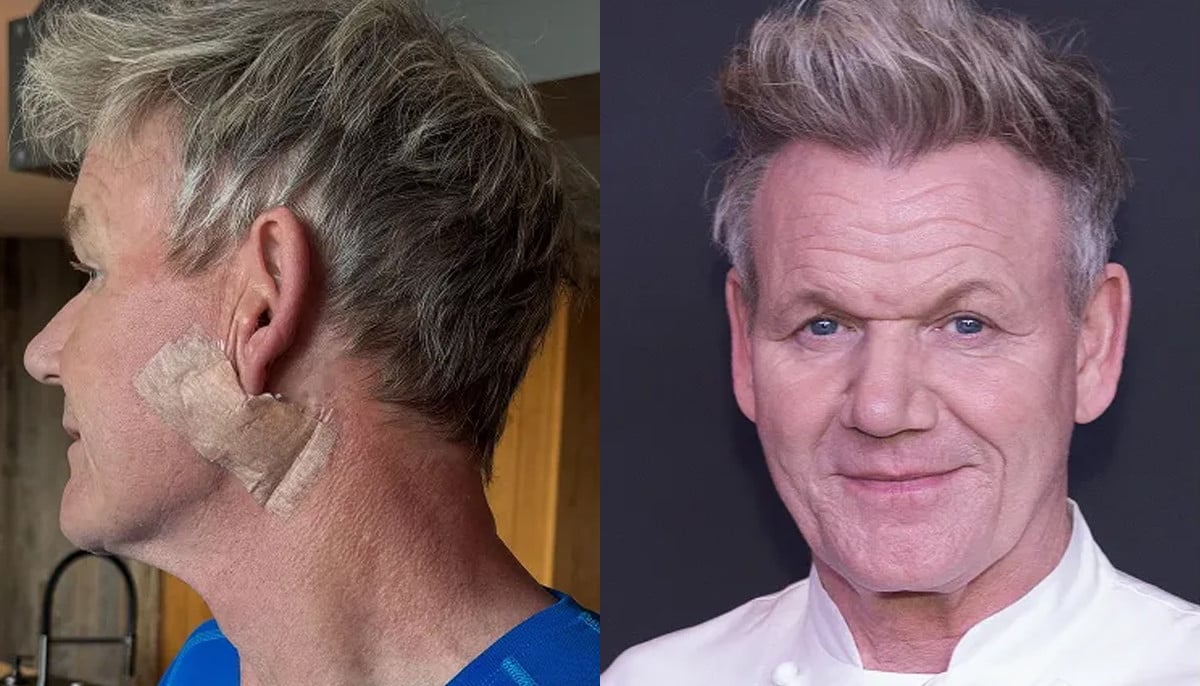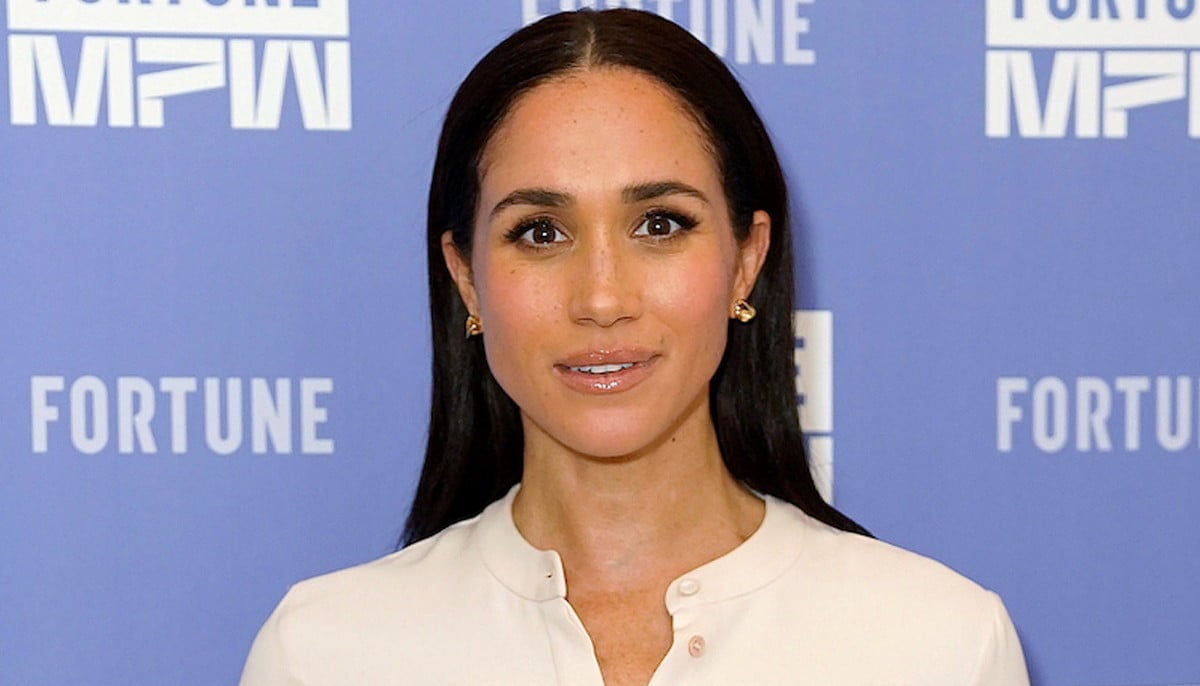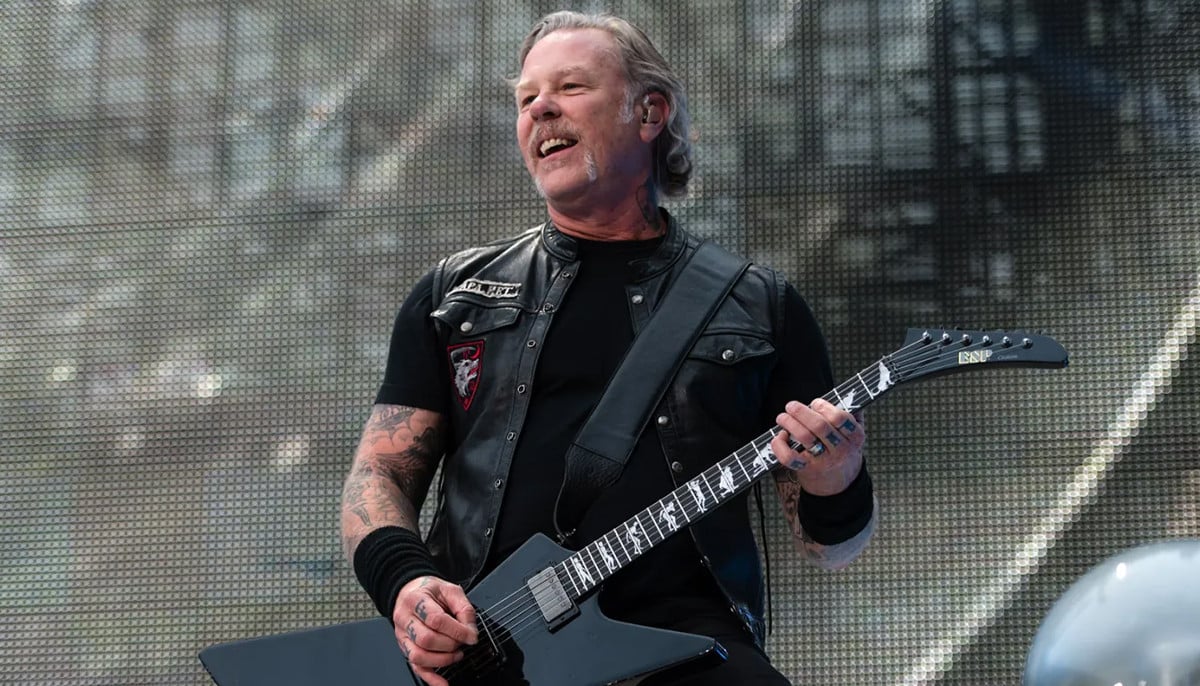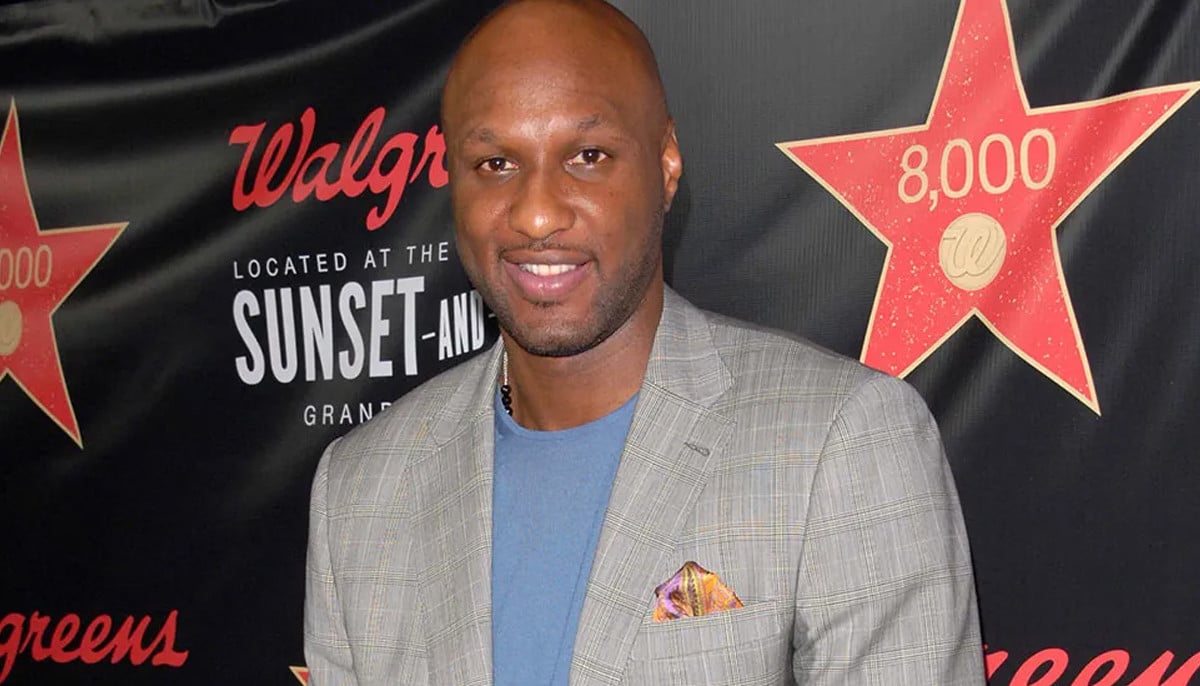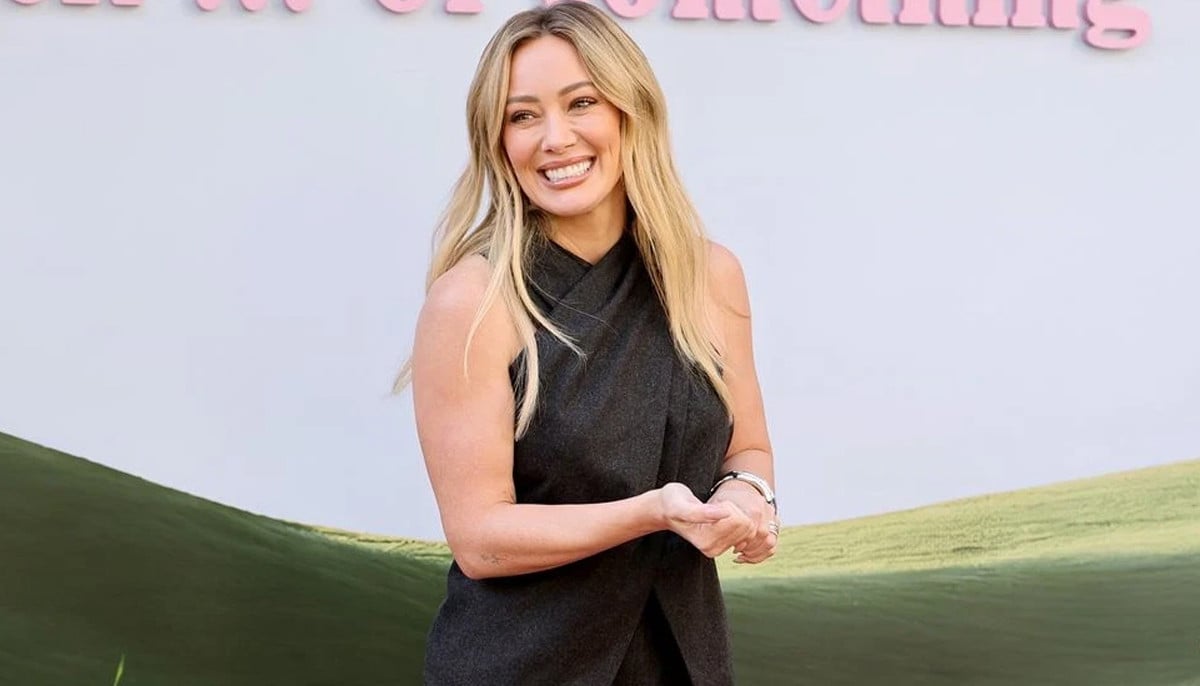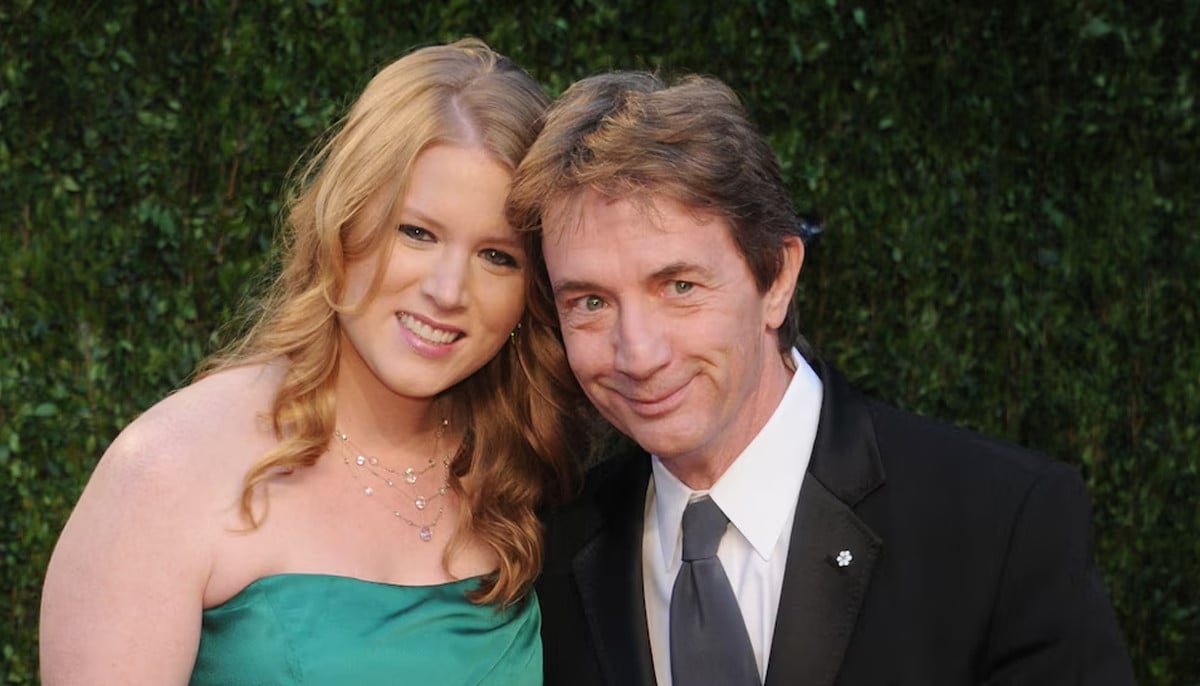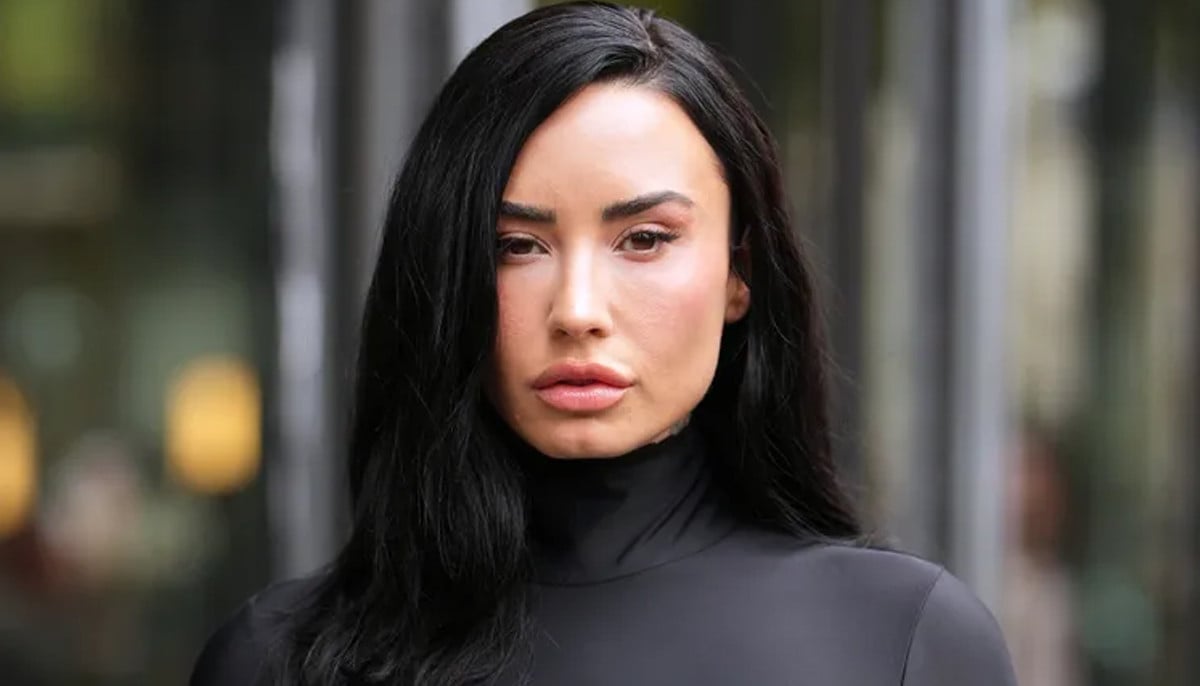Five ways to stop hair loss
From diet to unhealthy hair habits, there could be various reasons behind hair fall
Hair loss can affect many people's mental health and self-esteem. While people desperately look for solutions to hair loss, it is important to first understand why one is experiencing the issue.
There are approximately 100,000 hair on your head. Each one has a unique life cycle. One hair is produced by each follicle, and it grows at a rate of half an inch every month. It continues for two to six years before ceasing for roughly a month. That hair disappears when the cycle resumes.
Most of your locks are currently in the growing phase, explained Prof Syed Hatim Ali Shah, consultant dermatologist & head of the Department at Liaquat National Hospital, shared at a public health awareness seminar.
From diet to unhealthy hair habits, there could be various reasons behind hair fall.
Sometimes reasons can be completely out of control. For example, the monsoon is known to cause excessive hair fall for many people. Increased humidity in the air makes the hair weak and rough. Some also experience it during winter.
Following are a few things you can do to stop hair loss:
Maintain healthy diet
The food you eat plays a crucial role in the health of your hair. A diet that's rich in vitamins, minerals, and proteins can help prevent hair loss. Include foods like leafy greens, nuts, eggs, fish, and lean meats in your diet to ensure your hair gets the necessary nutrients it needs.
Use gentle hair care products
Harsh hair care products can damage your hair and make it prone to breakage and hair loss. Go for mild, natural hair care products that are gentle on your hair and scalp. Avoid using hot styling tools like hair dryers and flat irons too often, as they can damage your hair.
Manage your stress levels
Stress is a common cause of hair loss. Managing your stress levels is essential to prevent hair loss. Find ways to relax and unwind, such as meditation, yoga, or deep breathing exercises. Take breaks from work or other stressful activities and prioritize self-care.
Take care of your scalp
A healthy scalp is essential for healthy hair growth. Keep your scalp clean and free of product buildup by washing it regularly. Use a gentle shampoo and conditioner that's suitable for your hair type. Avoid using hot water, as it can strip your scalp of natural oils and cause dryness.
Consider medical treatments
If your hair loss is severe or doesn't respond to natural remedies, you may need medical treatments. Consult a dermatologist who can recommend prescription medications, such as minoxidil or finasteride, that can help stimulate hair growth. In severe cases, hair transplant surgery may be an option.
Remember, it's important to be patient when trying to stop hair loss. It may take time to see results, but with consistent effort and care, you can help prevent further hair loss and promote healthy hair growth.
It is also necessary to consult a medical professional before opting for treatment.
-
James Hetfield's health struggle amid his 2026 Las Vegas Sphere Residency
-
Lamar Odom details struggle with addiction and ‘amazing’ rehab experience
-
Hilary Duff details how she protected her children’s mental health amid divorce
-
Courtney Love recalls how ‘comparison’ left Marianne Faithfull ‘broken’
-
Katherine Short became vocal ‘mental illness’ advocate years before death
-
Demi Lovato claims fans make mental health struggle easier
-
6 celebrities who have been vocal about anxiety and 'panic attacks'
-
Lewis Capaldi details 'impact of Tourette' on his career
